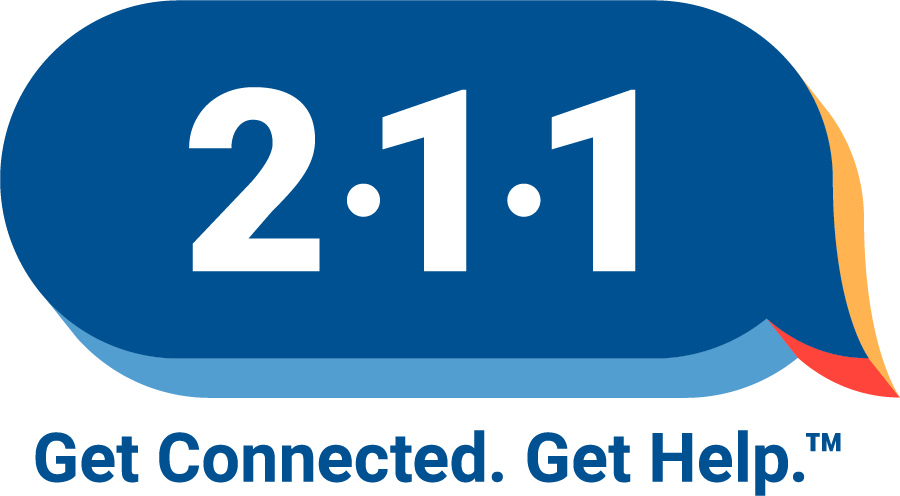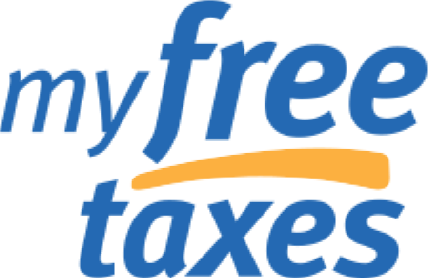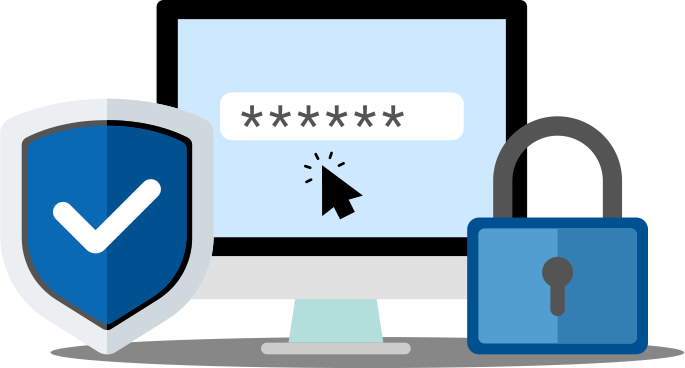Key Policy & Budgetary Updates For California
This past week, Governor Newsome signed four new executive orders that will:
- Wage Garnishment & Student Loan Protections: Exempt garnishment for any individuals receiving federal, state or local government financial assistance in response to the COVID-19 pandemic. This includes recovery rebates under the CARES Act. Funds may still be garnished for child support, family support, spousal support or criminal restitution for victims. The Governor also announced a new initiative for students with commercially owned Federal Family Education Loan or privately held student loans who are struggling to make payments due to the COVID-19 pandemic which now may also be eligible for expanded relief. Relief options include providing a minimum of 90 days forbearance, waiving late payment fees, ensuring that no borrower is subject to negative credit reporting, and helping eligible borrowers enroll in other assistance programs.The text of the Governor’s executive order can be found here and a copy can be found here.
- School Transparency: Empower schools to focus on responding to COVID-19 and to provide transparency to their communities.The order extends the deadlines for local educational agencies to submit Local Control and Accountability Plans (LCAP), which are multi-year planning documents tied to budget projections. By law, LCAPs must be developed in collaboration with parents, students, teachers, and community groups. Given the COVID-19 pandemic, school leaders are appropriately focused on managing the immediate needs of their students and families.
Local educational agencies will publish a written report to their communities explaining how they are responding to COVID-19. They will be required to explain steps they have taken to deliver high-quality distance learning opportunities, provide school meals in non-congregate settings, and arrange for supervision of students during ordinary school hours. They will also be required to explain the steps they have taken to meet the needs low-income students, English learners, and foster youth. The report will help provide transparency and accountability to communities.
The executive order also waives required physical education minutes and annual physical fitness testing that requires on-site instruction. Academic assessments were previously waived under a separate order.
The text of the Governor’s executive order can be found here and a copy can be found here.
- Flexibility for the Department of Health Care Services: give flexibility to the California Department of Health Care Services (DHCS) and Medi-Cal providers on a variety of deadlines and requirements to ensure continuity of service to patients and customers is not impacted by the effects of the COVID-19 pandemic.
The executive order will allow fair hearings to continue for California Children’s Services on grievances and appeals to take place by phone or video conference. Additionally, the order will ensure flexibility for DHCS and the Department of Social Services to continue providing mental health care services and programs.
Finally, the executive order will temporarily suspend requirements for in-person signatures for people to obtain certain prescription drugs covered by Medi-Cal, and will allow a 90-day extension for providers on cost reporting, change of scope of service and administrative hearings.
The text of the Governor’s executive order can be found here and a copy can be found here. - COVID-19 Responses: Address a variety of issues in response to the COVID-19 pandemic.
Some of the issues addressed in the executive order include granting a 60-day extension for customers on several Department of Motor Vehicles deadlines, including for recently expired drivers’ licenses and identification cards, to reflect public compliance with the COVID-19 stay at home order. It also suspends late fees from being applied to expired vehicle registrations.
Additionally, the order will allow certain posting, filing and notice requirements under the California Environmental Quality Act (CEQA) to be satisfied through electronic means to allow public access and involvement consistent with COVID-19 public health concerns.
Finally, the executive order will temporarily allow retailers, particularly grocery stores, to provide bags to consumers without charge, and to pause redemption of beverage containers in-store to mitigate the spread of COVID-19. The executive order also temporarily suspends the requirement for recycling centers to hold a minimum number of hours of operation and directs the Department of Resources Recycling and Recovery (CalRecycle) to develop and issue operating guidelines.
The text of the Governor’s executive order can be found here and a copy can be found here.




